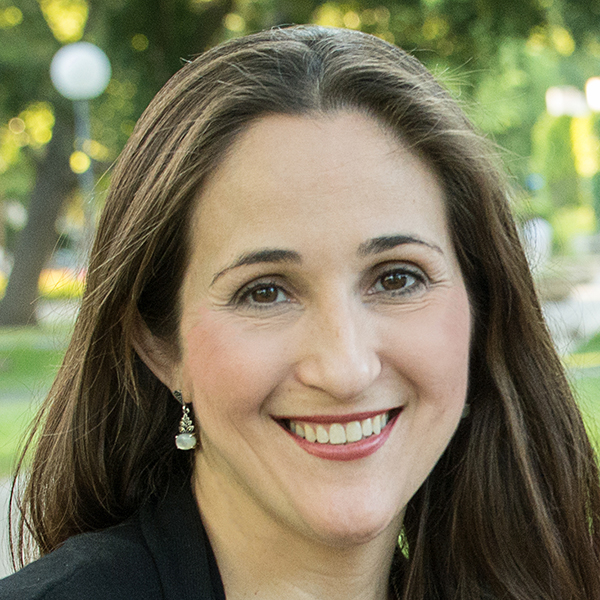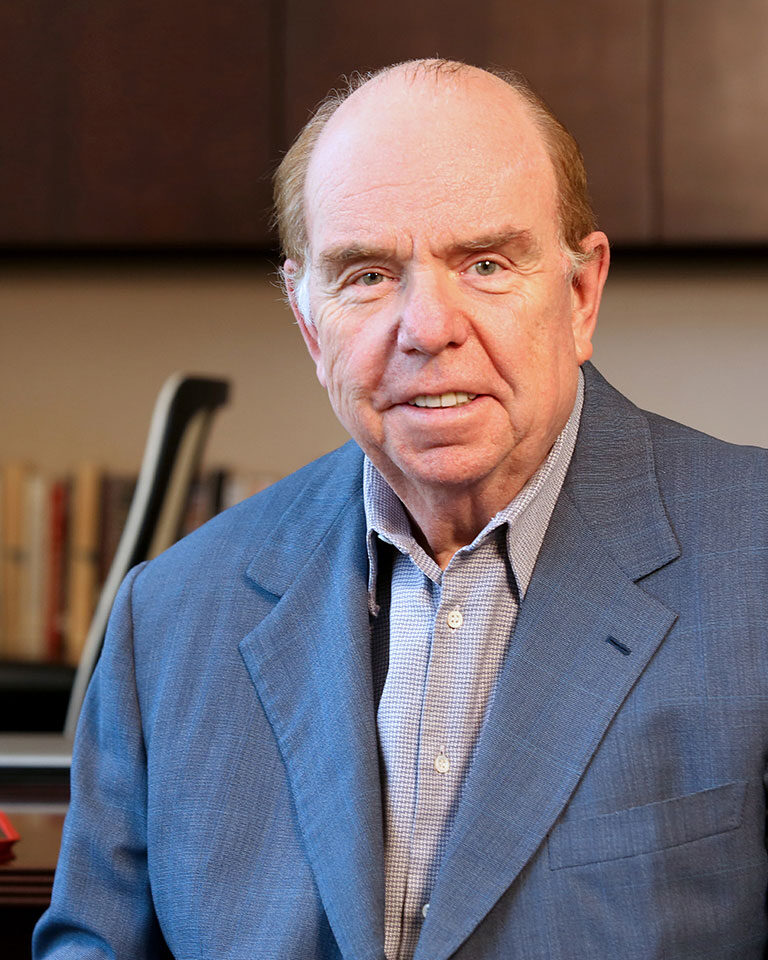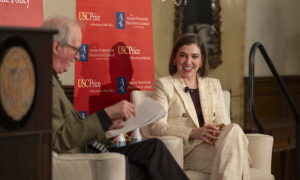We’ve all seen it. As the 2024 election season reaches its zenith, interviews with political candidates dominate the news cycle. The journalist leans in with a hard-hitting question only to get the response, “Well, what the American people really want to hear about is…” and the candidate proceeds to talk about whatever subject it is they choose.
Media training professionals spend countless hours training politicians not to answer questions but to give prepared answers to stay “on message.” But has overuse of such pivoting and spinning resulted in a loss of faith by the electorate and less willingness to participate in politics?

“First off, there’s not a lot of research on this, which is part of the problem,” said Mindy Romero, Research Assistant Professor and the Founder and Director of the Center for Inclusive Democracy (CID) at the USC Price School of Public Policy. “I think there are several things going on. We have probably a majority of Americans that don’t really trust our political process to some degree.”
The constant spin or question-dodging may well be a contributor. “Voters may have a hard time finding a political leader that they really believe is sincere,” Romero said. Even in people who see it as their civic duty and vote regularly, “there may only be a qualified level of support.”
Romero added: “If you think about it in the context of when you were a kid in school, if somebody doesn’t answer the question, they either don’t know the answer, or they’re trying to trick you. We basically understand that they are lying.”
Robert Shrum, Director of the Center for the Political Future and the Carmen H. and Louis Warschaw Chair in Practical Politics at the USC Dornsife College of Letters, Arts and Sciences, has spent a lifetime advising candidates how to win elections. He sees the changing dynamic between journalists and candidates as part of the problem.

“Mainstream journalists want to pick away at details such as, ‘Did you work at McDonalds?’” Shrum said. “I worked my first job at the May Company when it was still in existence. Do I have proof that I worked at the May Company? No.”
So how would he advise a candidate to answer if he were consulting them today?
“Well, first I would never counsel them to lie,” Shrum said. “There used to be a very high penalty for if you got caught lying, or even exaggerating slightly. Now there seems to be, at least for Trump, not much penalty for that.”
“But to be honest, if I were still doing this, I would counsel people to handle journalists and questions in ways that best advance their candidacy,” Shrum continued. “But I would hope that when they pivot, they would do it with some grace and intelligence and not make it totally obvious.”

Master of Public Administration Online
Advance Vital Institutions
Advance your career and the institutions you serve with our exceptional MPA online.
Find Out MoreRomero believes that for politically disengaged citizens such as underrepresented minorities, candidates evading a question can be particularly damaging. These populations can struggle to get information, so when they expend the energy to tune in to something like a debate or an interview and don’t get an answer, it’s a barrier that keeps people from voting.
“They tune in because they want to hear from Trump on where he stands on choice, or from Harris on where she stands on the border, and when they don’t get a clear answer, it can be a real turn-off,” Romero added.
Gordon Stables, Director of the School of Journalism at USC Annenberg School for Communication and Journalism, sees the impact political spin has on young voters. “Students often start with a higher level of distrust for politicians in the first place,” he noted in a written statement. “So, when they observe candidates who aren’t being responsive, it just reinforces their skepticism.”

He also thinks this could be one of the reasons Trump continues to draw strong support. “Overall, I think you see this, of voters of all ages, when they respond to former President Trump’s ‘candor,’” Stables noted. “His whole persona is built around not ‘acting like a politician,’ which oftentimes means giving answers you wouldn’t expect to hear. It’s not that he is always (or often) even answering questions, but he likes to perform in a different way.”
Despite the challenges of today’s media landscape, where political spin and carefully crafted messaging often dominate, Stables still sees hope in the next generation of journalists. “They’re really passionate about trying to make news and information that’s better for people.”





